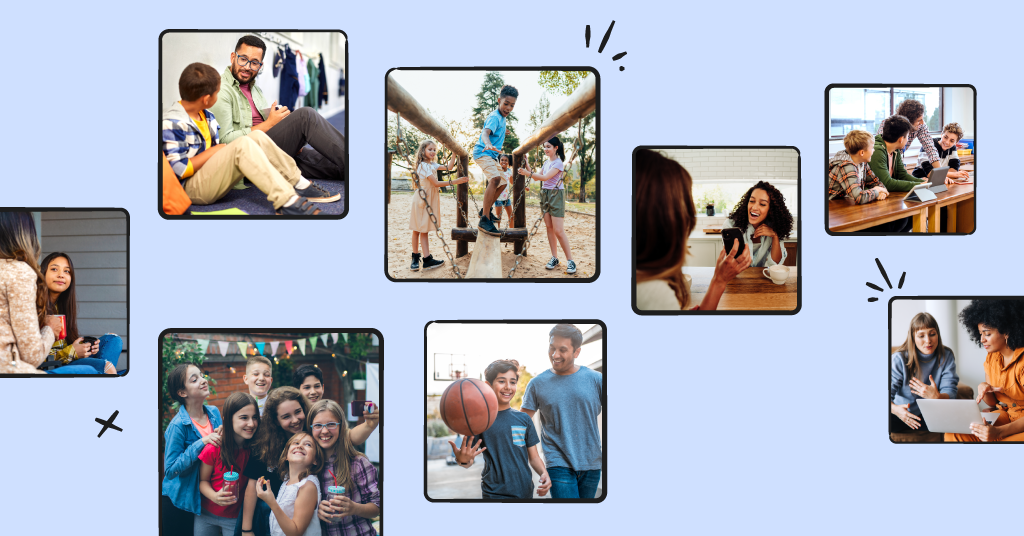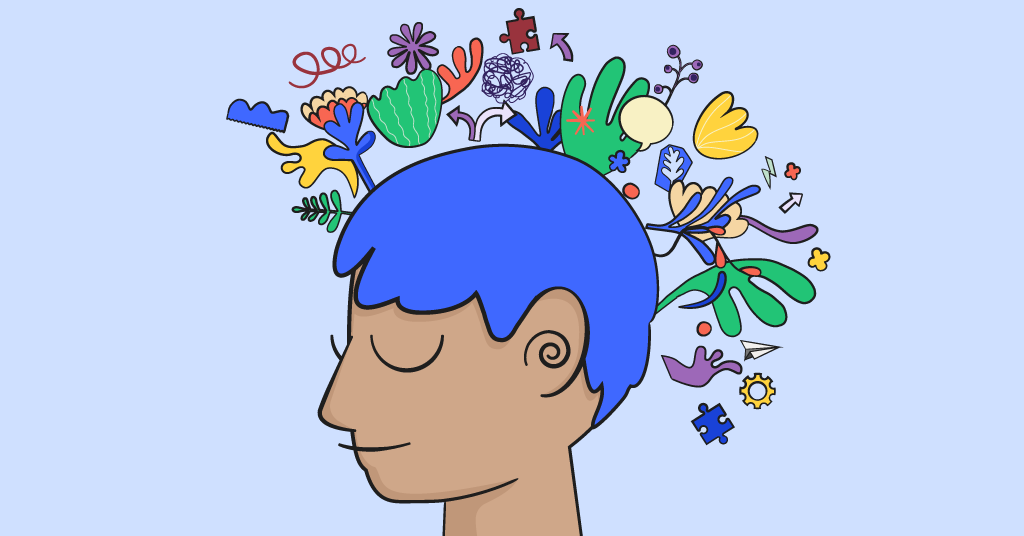
When children feel the stress of a tough issue, whether that issue is cyberbullying, unwanted sexual advances, or perhaps even problems at home, they often rely on peers for support. Although this practice is crucial to a child’s social development, there is still cause for concern – especially when that support only takes place online with peers. Here’s what you need to know about children and friends online.
Children and Friends in Today’s Digital World
It used to be that a child’s peer group consisted of people in their classroom or neighborhood – people they saw in person and physically interacted with daily. Tweens and teens interacted with people their parents also saw and met with in person. In today’s digital world, things have changed. Children now have peers they’ve never even met in real life. Ever. In fact, a report from the Pew Research Center showed the following:
- 57% of children age 13 and older have met a new friend online. 29% of these have more than five friends they’ve met online, and 22% have more than one online-only friend.
- The most common meeting places for children include social media sites like Facebook or Instagram; 64% of teens with online-only friends met those friends through social media.
- Children can also make online-only friends through networked video games; 36% of teens say this is how they met their digital peers.
- Only 25% of teens spend time with their friends in person each day outside of school. However, 55% of teens text those same friends daily.
As you can see, children are now starting to heavily rely on their online interactions with their peers.
Reasons for Concern
Although we want to encourage our children to make new friends, as having several close friends is a good sign of healthy emotional and social development, here are a few points of concern when emotional support is only provided by online interactions with peers.
- A false sense of safety. When it comes to online-only friends, children tend to get a false sense of security. They think that because they’ve never met this person and there’s very little chance of meeting in the future, it’s safe to provide personal information or delve into particularly tough topics.
- People aren’t always who they say they are. A child may be confiding their deepest, darkest secrets to someone they believe is a peer their own age, when in all actuality, that person may be an adult providing a false sense of support while grooming them for potential inappropriate interactions later on.
- The “helpful” children can feel overwhelmed with burden. In some cases, it’s the parents of the helpful children who need to be concerned. Children may be dealing with things from their peers that are difficult to understand, let alone manage. For example, more children than ever openly talk about depression and suicide, and that means children are trying to talk their peers out of killing themselves. Often children will not tell their parents this is happening for fear of unwanted, but greatly needed, intervention.
Whether your child is the one reaching out for help or the one helping others online, it’s important to monitor your child’s online behavior for warning signs. The internet often offers a false sense of security to children and friends of all ages, so talking to your children about safety and letting them know it’s okay to come to you or another trusted adult with concerns is the best way to keep them safe. Sign up with Bark today and we can help you keep your children safer online is by monitoring their phones, social media accounts, and emails.
Read more
Bark helps families manage and protect their children’s digital lives.





